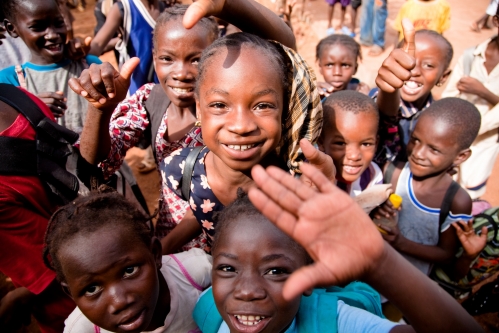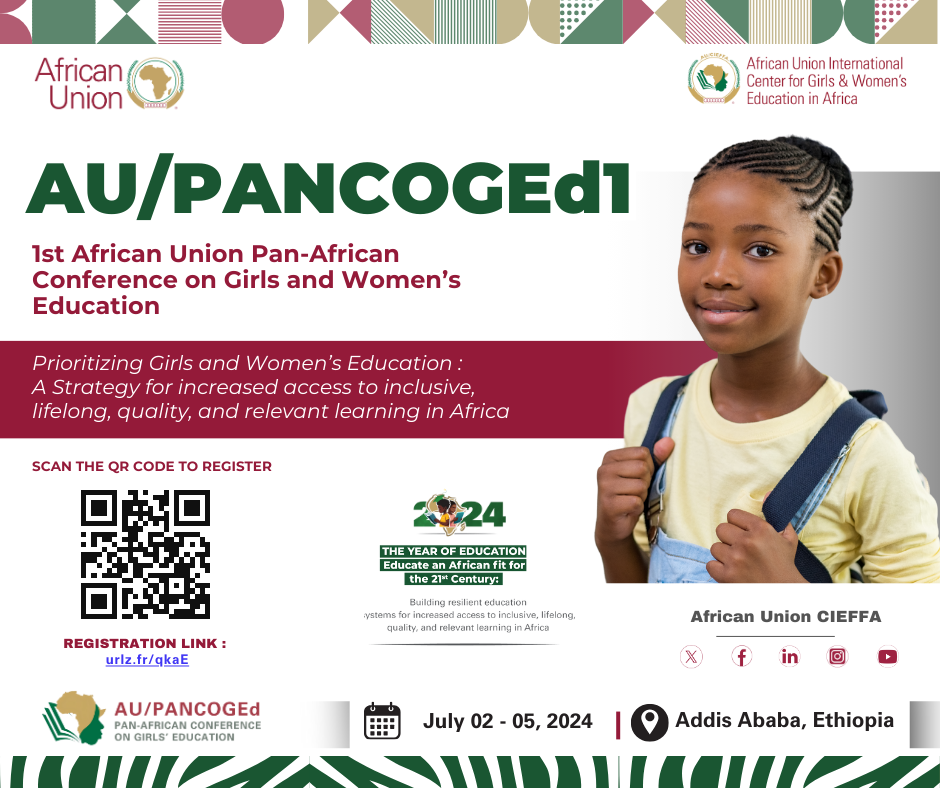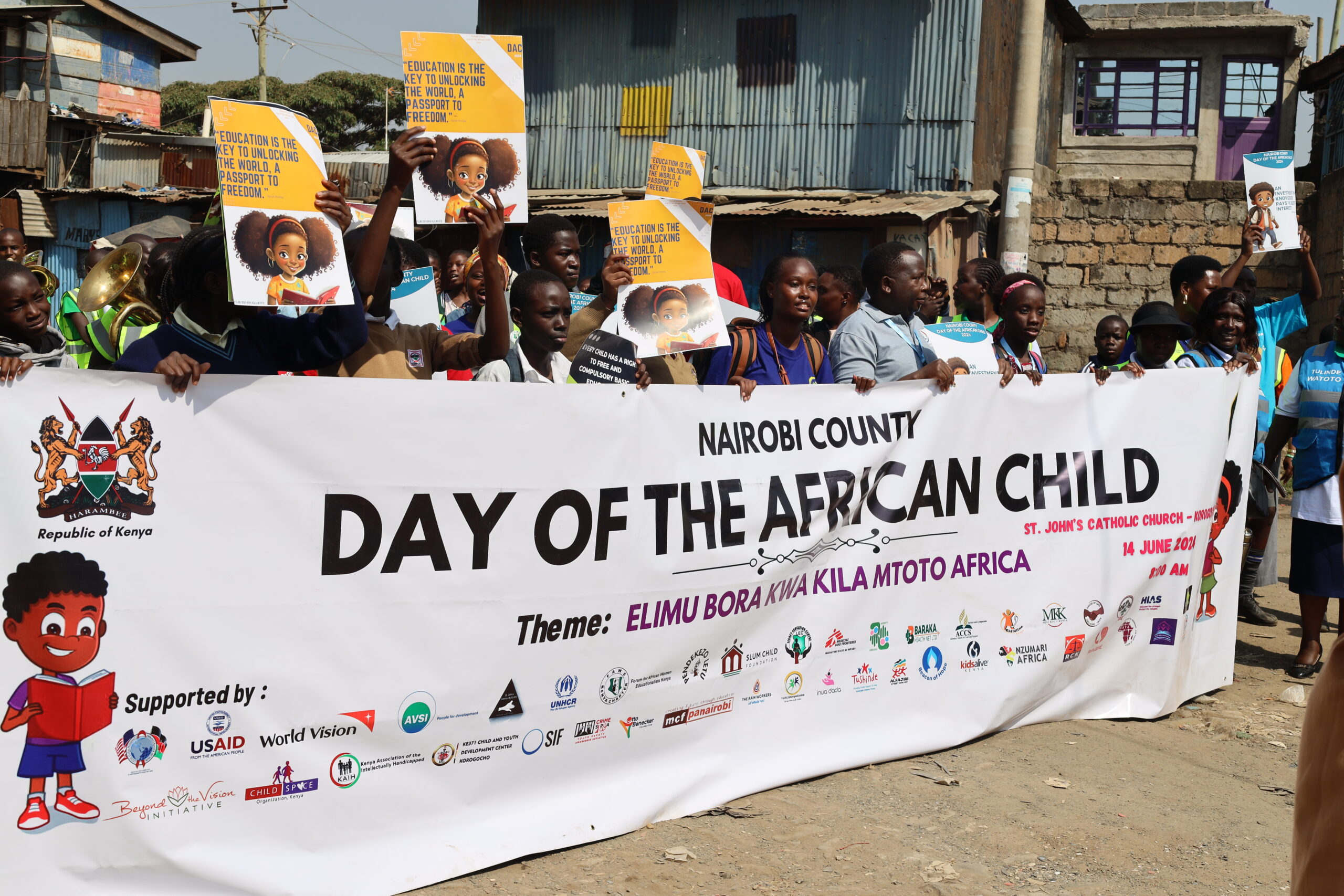By Hendrina Doroba, Executive Director, Forum for African Women Educationalists (FAWE) and Mitsue Uemura, Regional Focal Point for Eastern and Southern Africa, UNGEI
What do we want? EDUCATION
Children throughout the world have struggled against violence, intimidation and fear to get an education. For a girl, simply walking to school can be an act of defiance and courage in some countries.
The Day of the African Child today is moving reminder of this fact.
The celebration marks the anniversary of the Soweto uprising in South Africa, 16 June 1976. The uprising ultimately was part of the movement that led to freedom in the South Africa. Today, children still take risks to get an education. The girls kidnapped in Chibok, Nigeria had attended school in dangerous surroundings for years. But they had persevered and were getting ready for exams when they were seized by Boko Haram. The world still waits for national and international authorities to ‘Bring Back Our Girls’.
First the good news
The number of children who are not in school has decreased to more than 57 million since 2000 when the figure was 102 million.
A new set of reports, released on this day by UNICEF and the UNESCO Institute for Statistics say that over 30 million children of primary school age in sub-Saharan Africa remain out of school, with more than two-thirds of them in West and Central Africa.
For girls, there is some good news in Africa, according to the Forum for African Women Educationalists (FAWE). The gender parity index is 0.95. In other words, access to education for girls and boys is nearing 1, total equality. In 1999, the index was 0.87. FAWE also reports that more than half of the girls in Africa can read and write. This represents an improvement from about 1994 when the youth literacy rate for girls was 43 percent.
Clearly, though, there is still work to do.






Leave A Comment